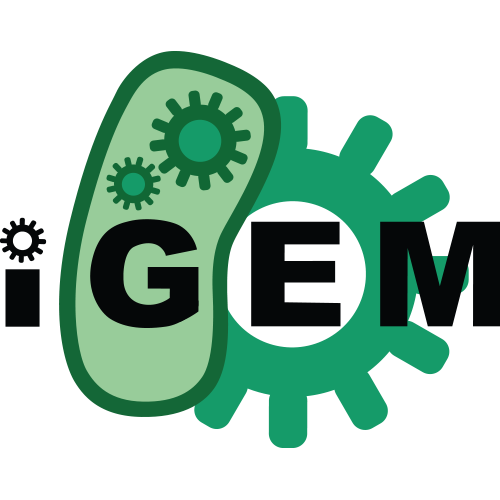Source:
Generated By: https://synbiohub.org/public/igem/igem2sbol/1
Created by: Vincent Leonardo, Christopher Wall and Robert Mckiernan
Date created: 2013-08-14 11:00:00
Date modified: 2015-05-08 01:09:37
B.subtilis Rod to L-form Switch
| Types | DnaRegion |
| Roles | sequence_feature DNA |
| Sequences | BBa_K1185000_sequence (Version 1) |
Description
This BioBrick facilitates the switching of Bacillus subtilis cells between rod-shape to L-form, a cell wall-less form of bacteria.It consists of chloramphenicol acetyl-transferase (cat) gene and a xylose-controlled promoter (PxylR) which are flanked by ~300bp pbpB gene at the 5???end and ~300bp of murE gene at 3???end. These flanking sequences allows the integration of the BioBrick into the chromosome by homologous recombination replacing the region containing the end of pbpb gene and the beginning of the murE gene, which are involved in peptidoglycan biosynthesis. This event replaces the constituitive murE promoter with a PxylR upstream of the murE gene. Therefore, when xylose is present cell wall biosynthesis is switched on, giving rod cells. When xylose is not present, the cells will become L-forms.
Simply transform the BioBrick into competent B. subtilis cells and through recombination it will integrate into cells chromosome.
Plate out the transformants onto 1.5% lysogeny broth agar containing 5??g/ml Chloramphenicol and 0.8 %( w/v) xylose. This will give you rod cells containing biobrick.
To get L-forms, inoculate some colonies into a solution containing an equal amount of nutrient broth and MSM. Also inoculate some transformants into the same media with the addition of 0.8 %( w/v) xylose to clarify that the switch BioBrick is working. Use microscopy to check the morphology of the cells in each media. L-forms will appear near spherical and can vary in size considerably.
Notes
There were 3 restriction sites that did not meet the RFC10 requirements, two EcoRI sites and one PstI. The first EcoRI restriction site was located 218bp into the whole BioBrick (inside pbpb region), we changed the sequence from GAATTC to GCATTC. The second restriction site was located 2287bp into the BioBrick in the spacer region between PxylR and murE, we changed it from GAATTC to GTATTC. The PstI site was located 197bp into the BioBrick in the pbpb region and was change from CTGCAG to CTTCAG.Source
The part is the courtesy of Prof. Jeff Errington research group, and all the sequences come from the Bacillus subtilis genomic sequence. The pbpb section in the BioBrick was taken from end of the pbpb gene 1841-2151bp (309bp). Sequence acquired through microbes online VIMSS38051. The murE section was taken from the start of the murE gene 1-331bp. Sequence from microbes online VIMSS38053.The cat gene and PxylR gene were both come from the B. subtilis genome, but can also be found in the BioBrick Registry (BBa_K823020 and BBa_K143014).
| Sequence Annotation | Location | Component / Role(s) |
| pbpb Homologous region BBa_K823020 xylose-controlled promoter (PxylR) murE RBS with spacers murE Homologous region | 1,309 794,1444 2147,2227 2228,2292 2293,2623 | sequence_feature feature/dna feature/BioBrick engineered_region feature/promoter promoter ribosome_entry_site feature/rbs feature/dna sequence_feature |
